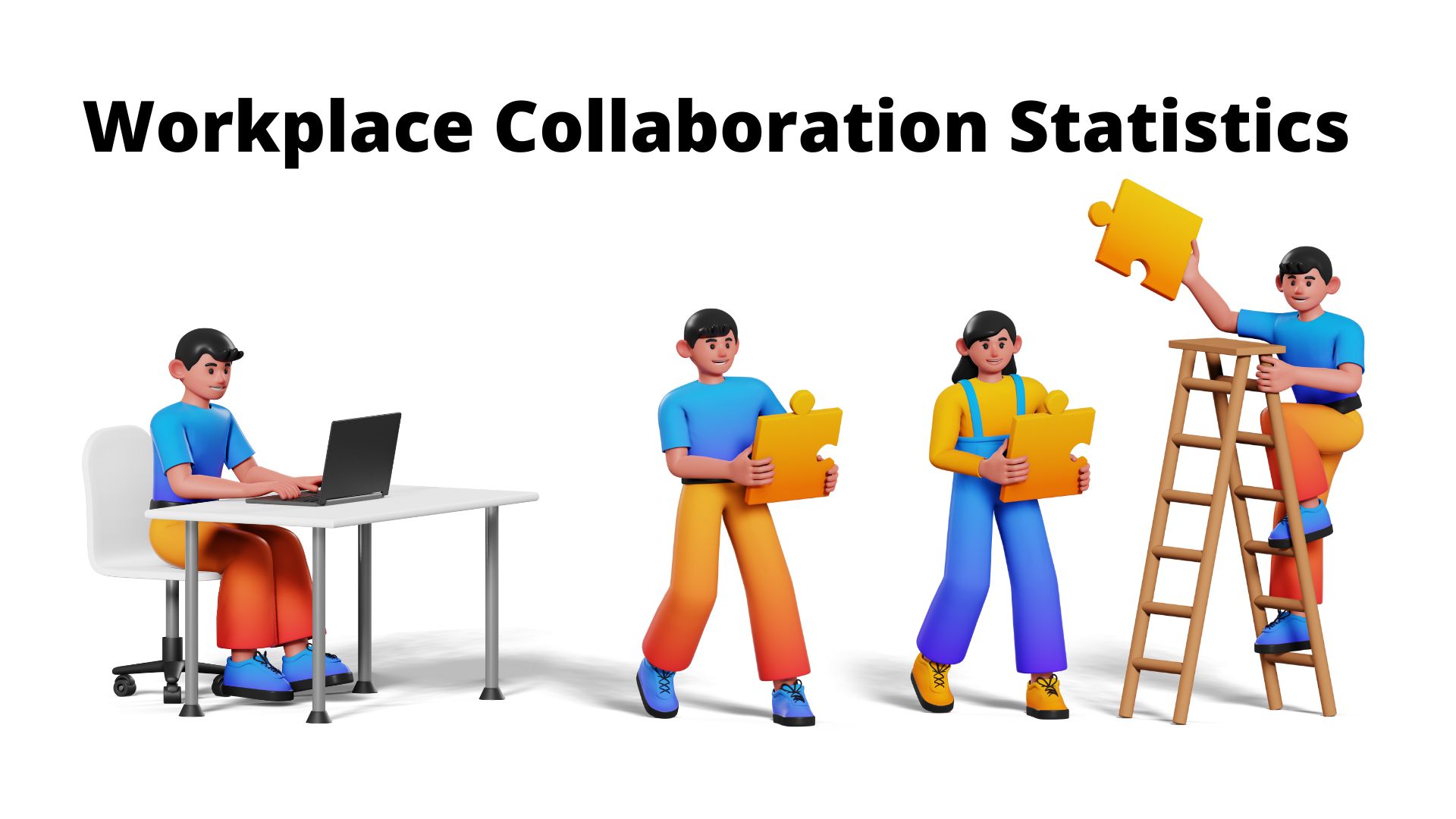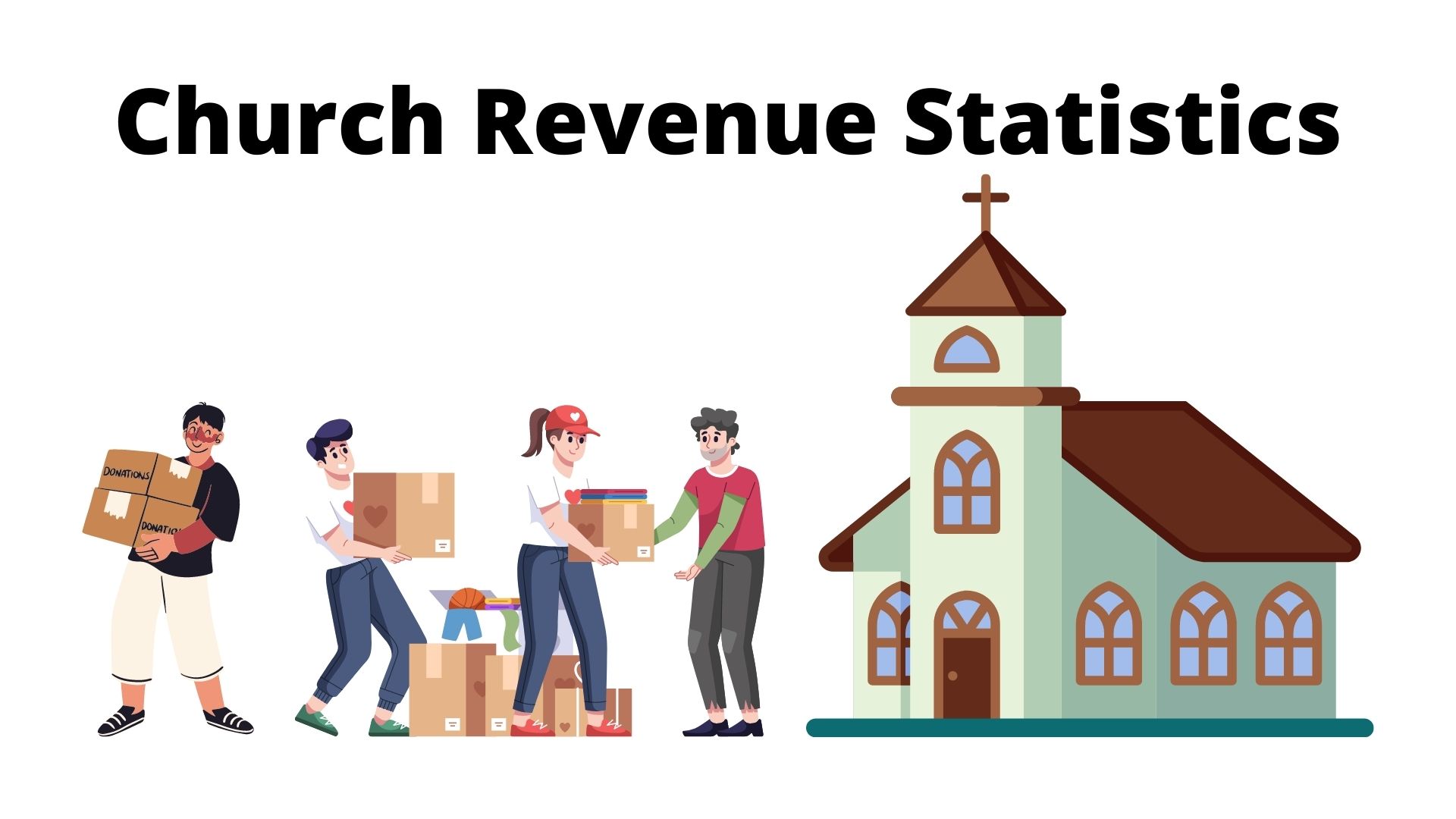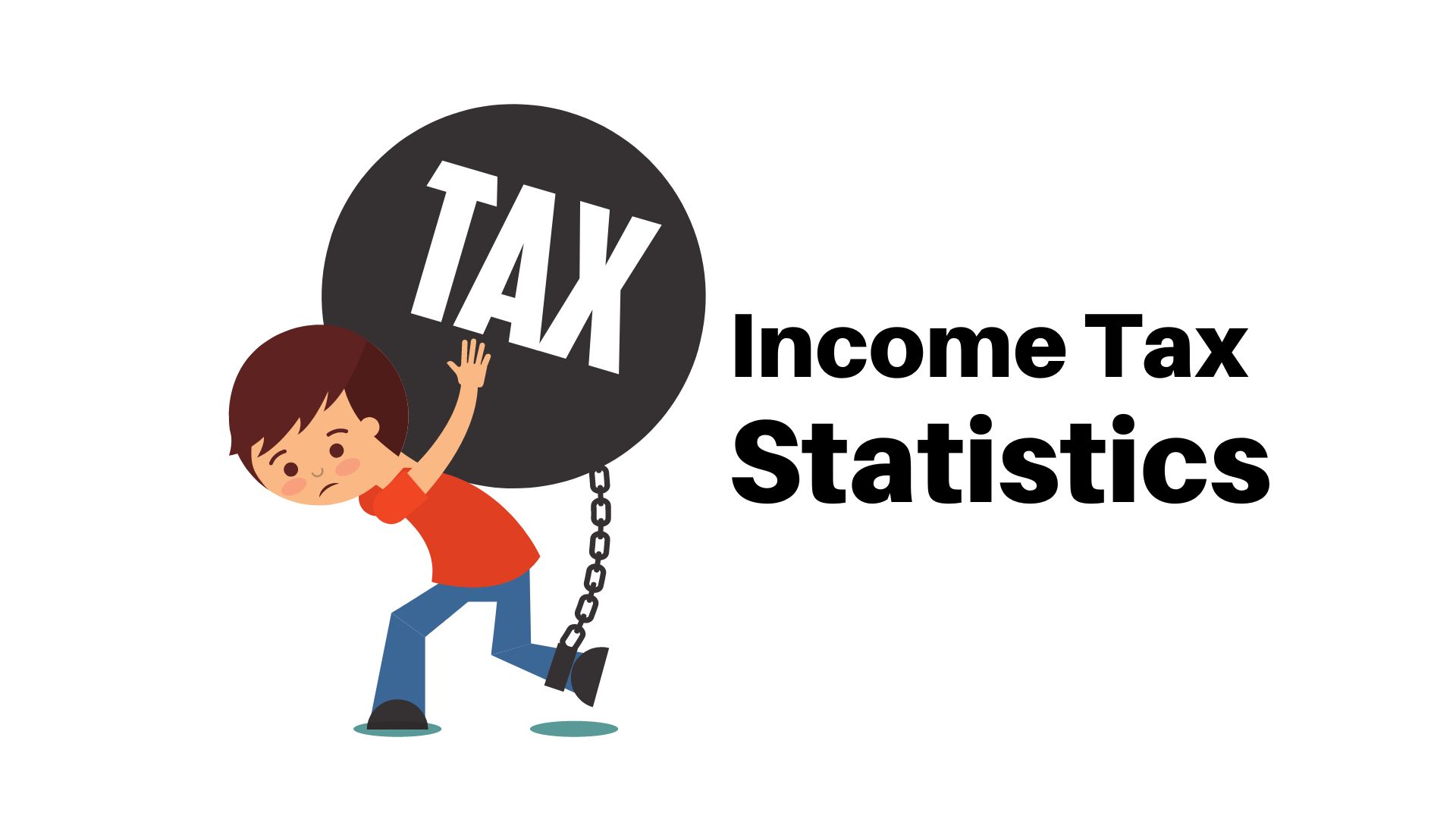Apex Gives SAP a Case of Vertigo
SAP may be feeling the heat.The world's largest vendor of ERP software was quick to deprecate Apex, the new programming environment announced by Salesforce.com this week.Apex is a Java-like programming environment that will allow developers to customize applications running on the Salesforce.com platform, according to its own specifications.
This innovation addresses one of the principal objections to the software-as-a-service (SaaS) model, which is that on-demand applications are one-size-fits-all because customers use the same instance of an application over a shared infrastructure.
According to SAP, however, Salesforce.com cannot escape the fundamental flaw in its delivery model, which is that companies deploying SaaS cannot use technology to differentiate themselves from their competitors.
“Salesforce is still a one-trick pony and I don't think the industry is looking for one-trick; they're looking for a partner,” said Peter Graf, executive vice president for solution marketing at SAP.
Graf also told internetnews.comthat allowing customers to program applications that run in a shared, or multi-tenant, environment, is “like opening Pandora's box,” because customers would have to rely on the competence and ethics of other enterprises sharing the application.
“Even assuming no one has any bad intentions, a developer can bring down a system. Do I want to be dependent on a developer from another organization? The single-biggest concern to people running multi-tenancy anyway is that you can still run into outages caused by other customers,” Graf said.
“We believe this is a real security issue for customers,” he added.
But Adam Gross, vice president of developer marketing for Salesforce.com, responded that Salesforce.com anticipated this issue by limiting what portions of code can be customized in the Apex environment.
He likened the constraints to the governor in a car that keeps the motor from going past a certain speed regardless of how much gas it gets.
“It controls what data you can access and in what context, it monitors queries, loops — you can't write an infinite loop that iterates forever. We are actively monitoring what's going on,” he told internetnews.com.
The new solution received accolades from several analysts, and observers noted that customers and developers present at the announcement seemed delighted.
Denis Pombriant, managing principal at Beagle Research, noted that where developers are concerned, Apex puts Salesforce.com in the same league with on-premise software vendors.
“They've gone the last mile in delivering complete parity between on-demand for professionals versus a development environment for traditional applications,” he told internetnews.com.
He also said that Apex is “orders of magnitude less expensive to work with and deploy on” than traditional on-premise software platforms.
There is no doubt that, one-trick pony or not, the company has become a force to be reckoned with.
Salesforce.com boasts more than half a million users.
Moreover, the 400-plus applications available to customers on its AppExchange platform demonstrates the strong hold it has over its partner community.
This may explain why SAP has gone so far out of its way as to send e-mail to the press in order to disparage Apex.
This is in sharp contrast to the past, when it treated Salesforce.com with benign neglect.
“If they were in passive denial before, they're in active denial now,” said Pombriant.
Stay informed on other ERP vendors here.

Michael Singer is a career coach, podcast host, and author to help you step into a career you're excited about. Currently, He is a coach and trainer helping entrepreneurs and executives achieve business and leadership success. He is also an award-winning business journalist focused on the intersection of technology, Big Data, Cloud, SaaS, SAP, and other trending technology.


